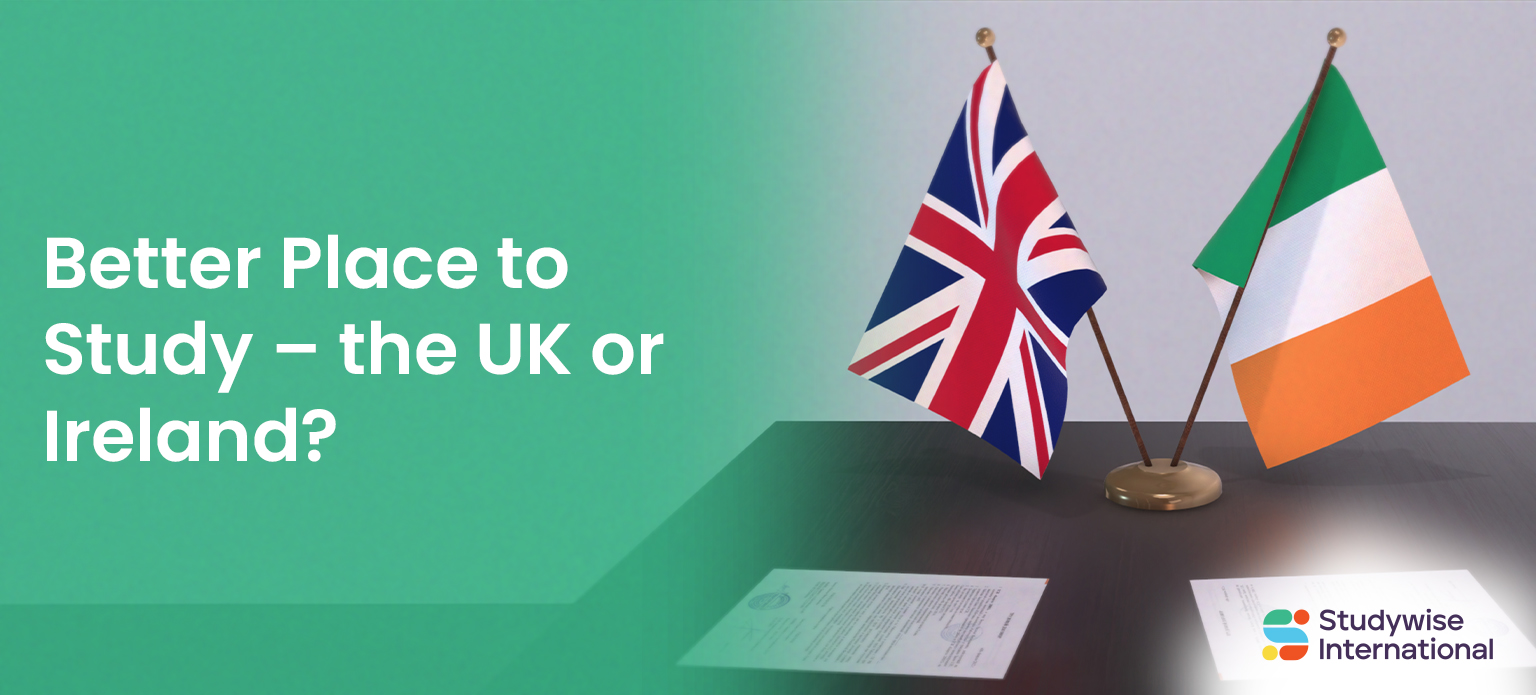
Better Place to Study – the UK or Ireland?
- Categories All Study in Abroad Blogs, Study in the UK, Studying in Ireland
- Date July 24, 2024
There are several benefits of studying abroad. With an unmatchable quality of education, foreign universities offer global exposure, an improved lifestyle and unhindered growth. It is the one door that could lead to the doors of numerous opportunities. Factually, it is a life-changing experience. But more, it changes you at personal and professional levels. However, to reap the most out of your educational experience, you must select the right course at the right university or college.
Choosing a study destination is more of a preference. Students in the UK and Ireland have quite similar experiences due to their geographical closeness. Both are not only popular among international students but also employers across the globe. With a reputation that speaks for itself and a vibrant student culture, both the UK and Ireland extend impressive study and work opportunities. Deciding between two can be head-scratching. Here are some factors to consider before making a choice:
Academic Choices
The UK offer over 80,000 programs at undergraduate, postgraduate and doctoral levels. The first is known for its Business Studies, Management and Analysis, healthcare, engineering and IT as well as arts and humanities courses. The multicultured population in the UK makes it an ideal spot to learn business management, law and global languages. It is home to over 160 ranked universities while Ireland is to about 28. Almost all of them rank well on the global scale. The UK has some of the most historical universities like Oxford University, Cambridge University and the University of St. Andrews. On ranking too, UK universities beat those of Ireland at many levels. So much so that they have 4 out of the top #10 positions in the QS World University Ranking 2025. After MIT in the USA, Imperial College London ranks at the very top.
Ireland has about 28 universities offering 3163 Bachelor, Master, PhD programs along with quality foundation and diploma courses. As it has witnessed a drastic development in the past few decades, they are popular for their excellence in technology, business, software development, biosciences, and renewable energy courses. Unlike the UK which focuses on interactive and independent learning, Irish universities offer a mix of lectures, seminars, and tutorials focused on clear communication and knowledge acquisition. Trinity College Dublin, the oldest university in Ireland was established in 1592. While Ireland has only 2 among the top 200s and 6 in the top 500s, they do have better acceptance rates. University College Dublin, University College Cork, University of Galway and Dublin City University are some of the finest universities to study in. The architecture of Irish universities is quite modern and focuses on the comfort of their students.
Student Experience and Lifestyle
The student population in the UK and Ireland build 24% and 13.7% of their population respectively. Cities like Oxford, Cambridge and Machester in the UK and Dublin, Cork and Limerick are adapted to their students. The general population extends a welcoming behaviour towards all international students regardless of their country of origin, culture or race. And they are neighbouring countries, they both are equally accessible to students who want to explore internationally.
The UK supported by its rich heritage, historic monuments and art wins with domestic travel. Some would also appreciate Ireland for its strong sense of community, vibrant pub culture, and beautiful natural landscape. Apart from that, a large part of the student experience depends on its population. The UK has a variable and unpredictable climate. The summers have plenty of sun; the winters have snow. It could rain any hour, at any day. Students can expect a temperature of 25°C to 0°C depending on the season. The cities in Ireland are influenced by its ocean. The summers are less hotter but more humid. And the winters are decently cold.
University Admissions and Visa
UK Universities particularly play it tough. While their university guidelines and processes are precise, they are very strict. Students need impressive grades to study in the leading institutes. Apart from academic eligibility, students also need to take some entrance tests. Undergraduate applicants need English proficiency tests to demonstrate their English proficiency. They can choose between IELTS, PTE and Duolingo. Postgraduation applicants also need to take the GRE or GMAT (for management courses). Further, they need to submit Application Essays, Letters of Recommendation and transcripts from their tutors and employers. The admission process in Ireland is rather simpler. Students can submit their applicants directly to their choice of universities through the Central Applications Office (CAO) system. They need to take either IELTS or TOEFL and, for PG courses, have relevant educational backgrounds and/or work experiences to build upon.
The same documents along with a couple more will be required for the visa processes. Students in the UK can apply for a Tier 4 visa with £363 or INR 38660.52. Irish student visa only costs 60-80 EUR or INR 5400-7200. Both visas allow students to work during their course.
Also read: Better Place to Study – UK or Germany?
Financial Aspects
Both the cost of education and living is significantly higher in the UK. An undergraduate or postgraduate course may cost about INR 15 to 20 lakh. In Ireland, similar courses may cost at least INR 5 lakh less. This largely depends on the university’s ranking and popularity in the job market. Furthermore, some PG courses in the UK may also take longer than that in Ireland. Students can work for up to 20 hours during their terms and more on holidays and vacations. The average wage in Ireland is slightly more. Both countries’ governments and universities offer impressive scholarships. Getting a loan, too, is an easy process once you get accepted into a foreign university or institute.
Read: Merit-based Scholarships for International Students
Career Prospects
Students in both countries can stay back for 2 years to gain experience in relevant fields. The top job sectors in the UK are accountancy, banking and finance, engineering, healthcare, law, information technology, retail, sales, science, and pharmaceuticals. Graduates in Ireland can seek jobs in finance, information technology, life science and marketing among others. Universities in both the UK and Ireland assist students in finding internships, projects and placements. After 5 years in the UK or Ireland, graduates can apply for a Permanent Residency (PR) in their chosen countries.
Ready to live your dreams? Connect with Studywise International for a FREE CONSULTATION today!
You may also like

Ireland Intake 2024-25: Universities & Preparation Timeline

TOEFL Scoring System and Validity


